The Name Game: Mistake or Microaggression?
Nameless
There’s an old brain teaser that goes, “What belongs to you, but others use it more than you?” Let me save you a few minutes of thinking over this riddle: the answer is your name.
Names say a lot through a few letters; they can signify our cultural or ethnic backgrounds and gender expression, honor past family members, and even serve as unique conversation starters (especially if you’re the child of a Kardashian).
In today’s society, our names dictate a lot: they can be the reason you get – or don’t get– an interview for a job or even a 2nd look at your resume.
Unfortunately, many people of color (POC) have learned to respond even when someone calls them by the wrong name.
I have been called the wrong name by teachers, classmates, teammates, and community members more times than I can count. To clarify, being called the wrong name isn’t intrinsically offensive. It feels awkward for both parties, but people are prone to make mistakes.
However, there comes a time when being called the same 2 or 3 wrong names by the same offender can make you feel a little bit uncomfortable.
When teachers or others constantly misname students of similar races, they ultimately reduce their individuality as people, which can feel extremely invalidating. I’ve experienced this for years, as have many other POC students that I know.
“I get called the wrong name more often in the beginning of the year in almost every class. I remember in middle school, 1 teacher did not call me the correct name for the whole year,” said junior April Mao. “It was kind of funny but also a little sad because you would think that most people would change after you correct them a few times.”
Senior Nitya Uthayakumar echoed this sentiment. “I [have gotten] confused a lot in classes for other Indian students throughout my whole school experience,” she said. “2 teachers I had interacted with in Campolindo repeatedly got my name wrong and called me someone else despite me correcting them numerous times.”
Unfortunately, this practice is not limited to school campuses; it follows POC into the workplace as well.
The Washington Post examined the experiment of 2 Asian male coworkers – 1 who is Filipino and 1 who is Vietnamese, Chinese, and German – who tracked how long the people in their office went without misidentifying them over 6 months. The office never surpassed 14 days without an incident, and they were misidentified 50 times in total.
These men shouldn’t bear the burden of constantly having to correct their coworkers. And no, it’s not too much to ask to be called your actual name.
Again, I don’t label my teachers or classmates as racist whenever they call me by another Asian girl’s name. I do consider it a microaggression – a subtle, indirect, often unintended form of racism. I know that it’s not done with malice, but rather, is a product of internalized biases in a predominantly-white community.
In the blog Teaching While White, racial education specialist Dr. Ali Michael talks about how at a Race Institute for K-12 Educators event, a white teacher said, “I get everybody’s name wrong. I get my own children’s names wrong! Names are hard for me and they get harder as I get older.”
In her post, Michael identifies this dismissiveness as the true root of this problem. Teachers can “justify the microaggressions they commit a thousand times over with what they believe are legitimate excuses (busyness, age, sheer exhaustion), good intentions (almost always positive, loving, caring), and logical explanations (I do this with everyone).”
“The[se microaggressions] are actual microcosms of our bias and our conditioning,” Michael wrote.
POC students also frequently grapple with people mispronouncing their names.
“Having people mess up your name and not be able to pronounce it your whole life makes you feel foreign or like you’re unusual or an outlier,” said Uthayakumar, who said she now just tells people an Americanized way of saying her name.
My 1st and last name are not hard to pronounce, so I don’t share this struggle, but my middle name is a different story: it’s “Shin-Hwei” which is actually an Anglicized spelling of “Xin Hui,” meaning ‘happy’ and ‘kind’ in Mandarin. Though I don’t often share my middle name (it has always felt a little bit exotic in comparison to the Elizabeths and Graces of Moraga), when I do, I’m usually met with a perplexed expression.
On the national stage, this issue became evident as Kamala Harris became the Democratic Vice Presidential nominee. President Donald Trump and Vice President Mike Pence are just a few of the public figures who’ve opted to call Senator Harris “kah-MAH’-lah” or another version of her name instead of how it’s actually pronounced: “Comma-la.”
It seems like a minor thing, but the tendencies to confuse POC for one another and to constantly mispronounce their names are subconsciously rooted in Eurocentrism. It plays into the “all XXX people look alike to me” trope or sends an “I don’t want to bother learning how to pronounce your name” message.
“Acting as if POC are different from white people and therefore abnormal from white people is very Eurocentric,” said Uthayakumar.
You might be thinking: “Well, how am I supposed to remember everybody’s names and how to pronounce them?”
My response: the same way that you remember all white people’s names. (Seriously, how do we all know how to pronounce “Arnold Schwarzenegger” and “Pete Buttigieg” but not “Kamala Harris”?)
If you don’t remember a POC’s name, ask – don’t assume. We realize that mistakes and blunders are bound to happen. When they do, acknowledge them and commit them to memory. I’d much rather have people apologize when they call me someone else’s name and work to do better than perpetuate the problem.
Your donation will support the student journalists of Campolindo High School's The Claw. Your contribution will allow us to produce more issues and cover our annual website hosting costs.
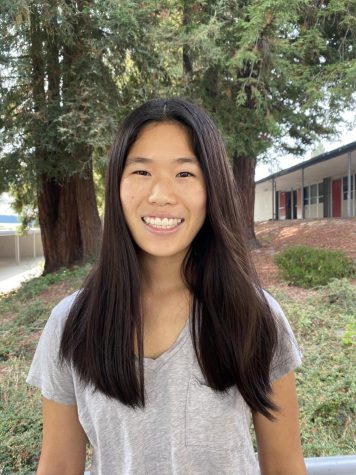
Amanda Young, a senior at Campolindo, enjoys raising awareness for social justice issues and being active in her community.
She is an intern with Stop...
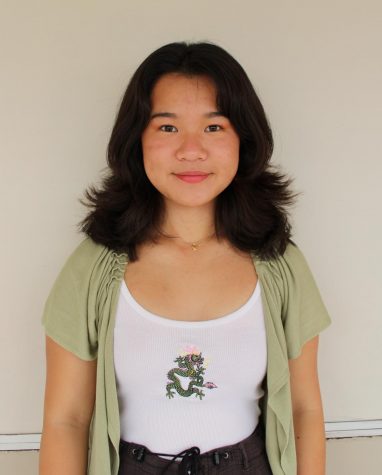
Senior Ashley Xu has been interested in art since she was in the 3rd grade.
Xu is fascinated by iconic painters like Monet and Dali. “I like Monet’s...
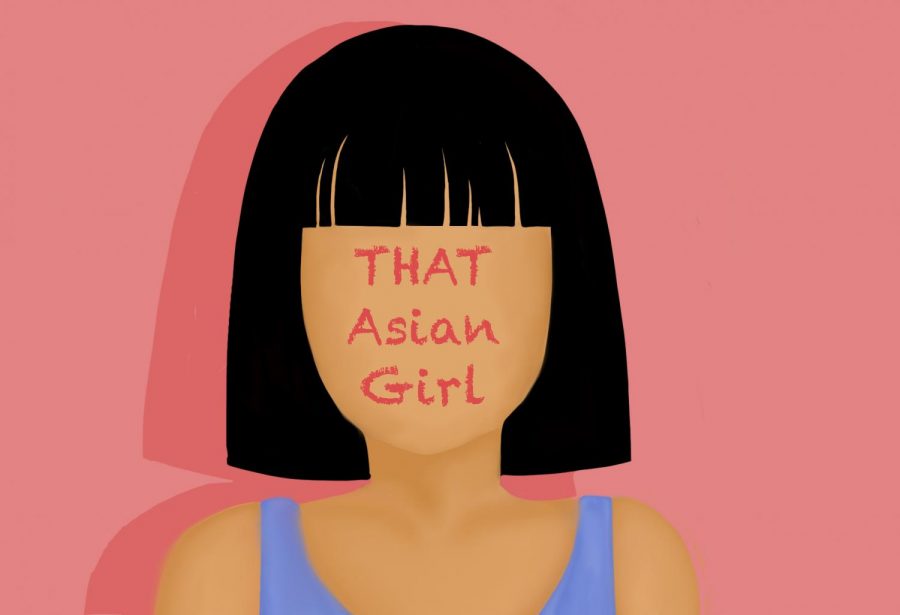
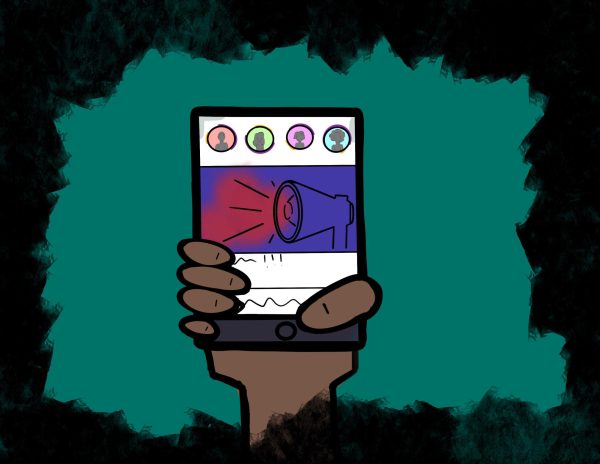
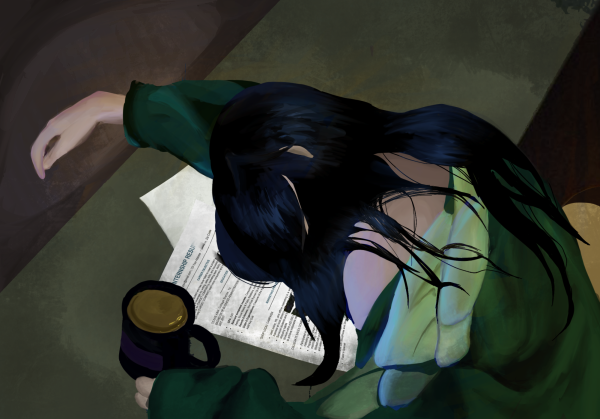
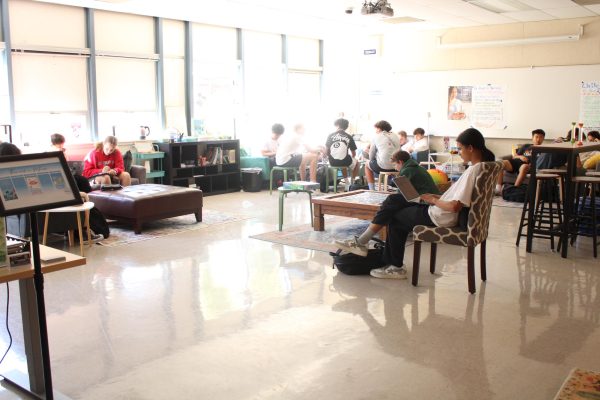
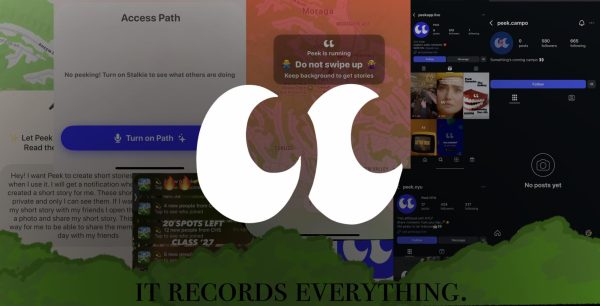
Lisa • Feb 28, 2022 at 8:36 am
My 12 year old son is experiencing this exact same thing at School and was called upon to answer why he stated that the dinner lady who called him by other Black boy’s names a microaggression. Your article will help me to show him we are not alone and validate his experience.
Thank you